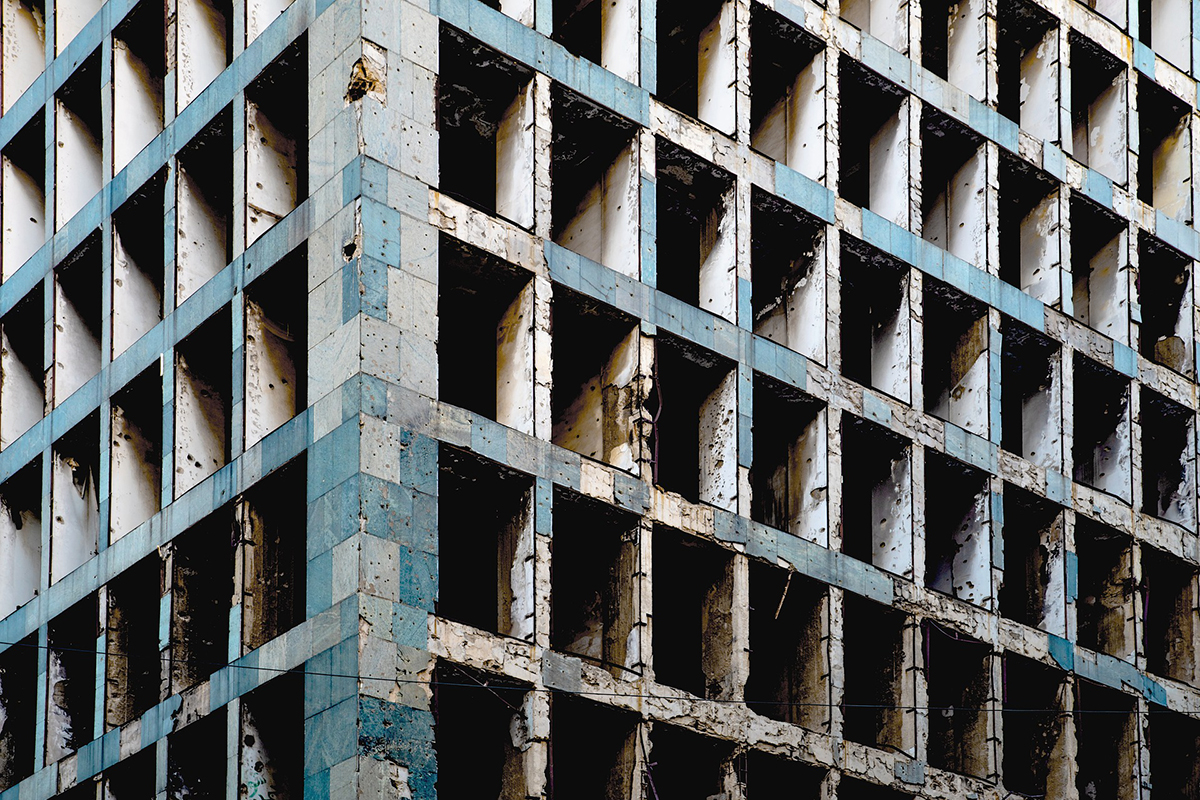The recent blast in Beirut, resulting in the death of a senior Hamas leader, Saleh Al-Arouri, has significantly heightened regional tensions. This event marks a critical juncture in the ongoing conflict involving Israel, Hamas, and other regional players. The death of Arouri, a key figure in Hamas’ military wing and its political bureau, raises profound questions about the potential escalation of hostilities and the broader implications for Middle East stability.
Saleh Al-Arouri’s demise, as reported by Hamas media outlet Al Aqsa TV, was attributed to a “treacherous Zionist airstrike” in Beirut. Arouri was a founding member of Hamas’ military wing, the Izz ad-Din al-Qassam Brigades, and his death alongside other Hamas leaders—Samir Findi Abu Amer and Azzam Al-Aqraa Abu Ammar—intensifies concerns about further conflict escalation.
The Israel Defense Forces (IDF) declined to comment on the incident. However, Israel’s Finance Minister Bezalel Smotrich and former Israeli ambassador to the United Nations, Danny Danon, have indirectly praised the operation. Danon’s mention of the “assassination” of Arouri and its linkage to the October 7 Hamas attack on Israel suggests a significant Israeli role in the incident.
Lebanese Prime Minister Najib Mikati condemned the attack, framing it as an Israeli effort to draw Lebanon into further conflict. His statement underscores the delicate political balance in the region and the risks of broadening the Israel-Hamas confrontation.
Israel, for its part, has maintained a policy of targeting Hamas leaders following the October 7 attack, as indicated by Prime Minister Benjamin Netanyahu’s directives to the Mossad. Israeli government spokesperson Mark Regev emphasized that the Beirut strike was not an attack on the Lebanese state or Hezbollah, suggesting a focused approach towards individual Hamas members.
Hamas’ political leader, Ismail Haniyeh, labelled the killing a “cowardly assassination,” a sentiment echoed by Iran-backed Houthi rebels in Yemen. This incident comes amidst ongoing tit-for-tat fighting between Israel and Hezbollah along their border, fueling fears of a wider regional war.
Saleh Al-Arouri’s background as a founder of the Al-Qassam Brigades and a key figure in Hamas’ operations, coupled with his involvement in high-profile negotiations like the Gilad Shalit prisoner exchange, highlights his significance in the Hamas hierarchy. His history of detentions by Israel and designation as a global terrorist by the US Treasury further illuminate his controversial role in regional politics.
The assassination of Saleh Al-Arouri in Beirut not only represents a significant blow to Hamas but also serves as a potential catalyst for wider regional conflict. The reactions from various state actors and the historical context of Arouri’s activities underscore the fragile balance in Middle Eastern geopolitics. This incident could mark a pivotal moment in the trajectory of the Israel-Hamas conflict, with possible repercussions extending beyond the immediate parties involved.







